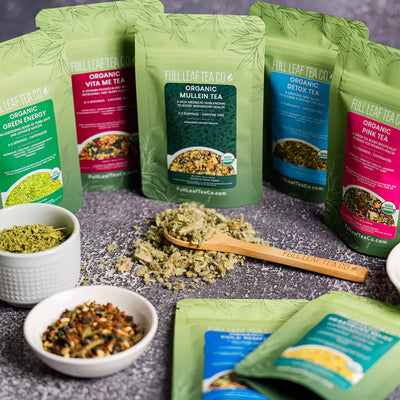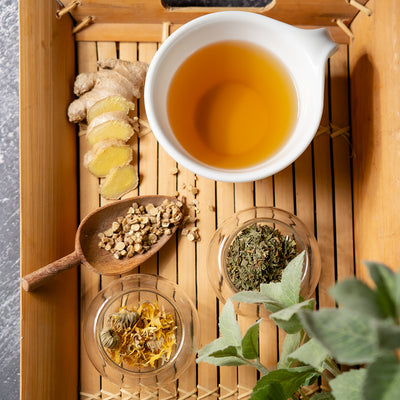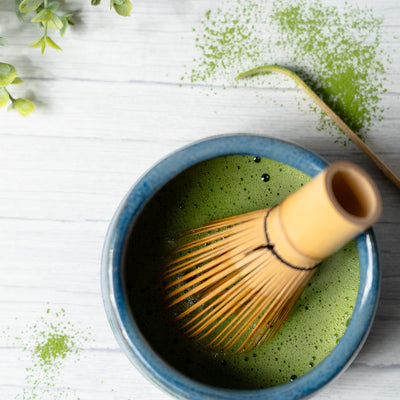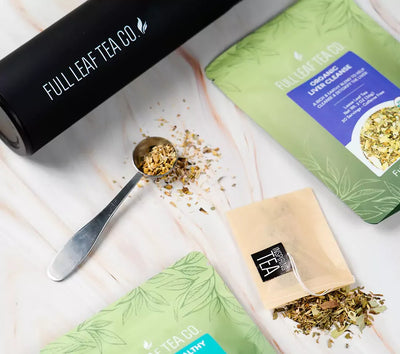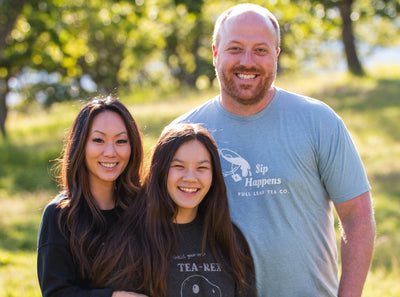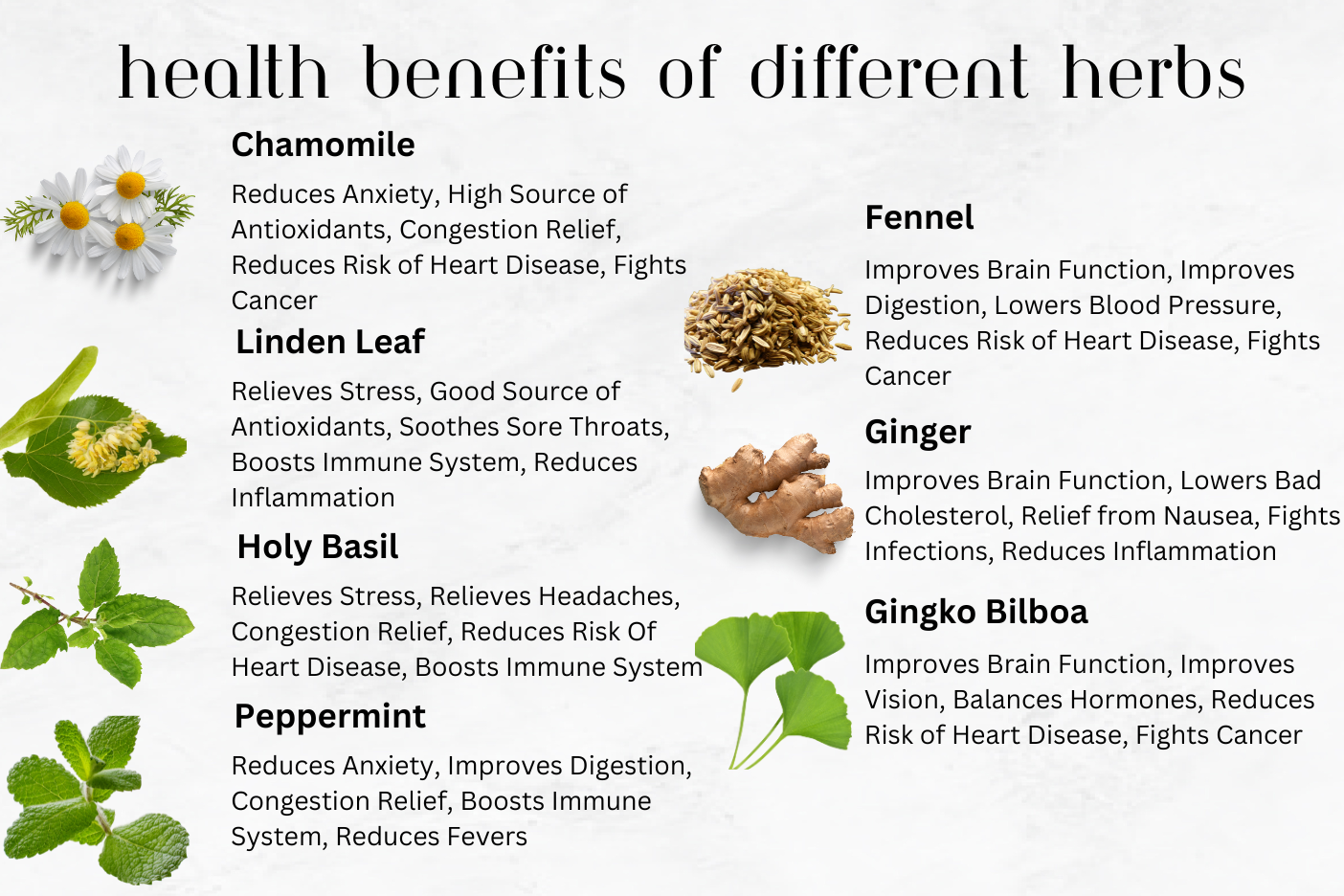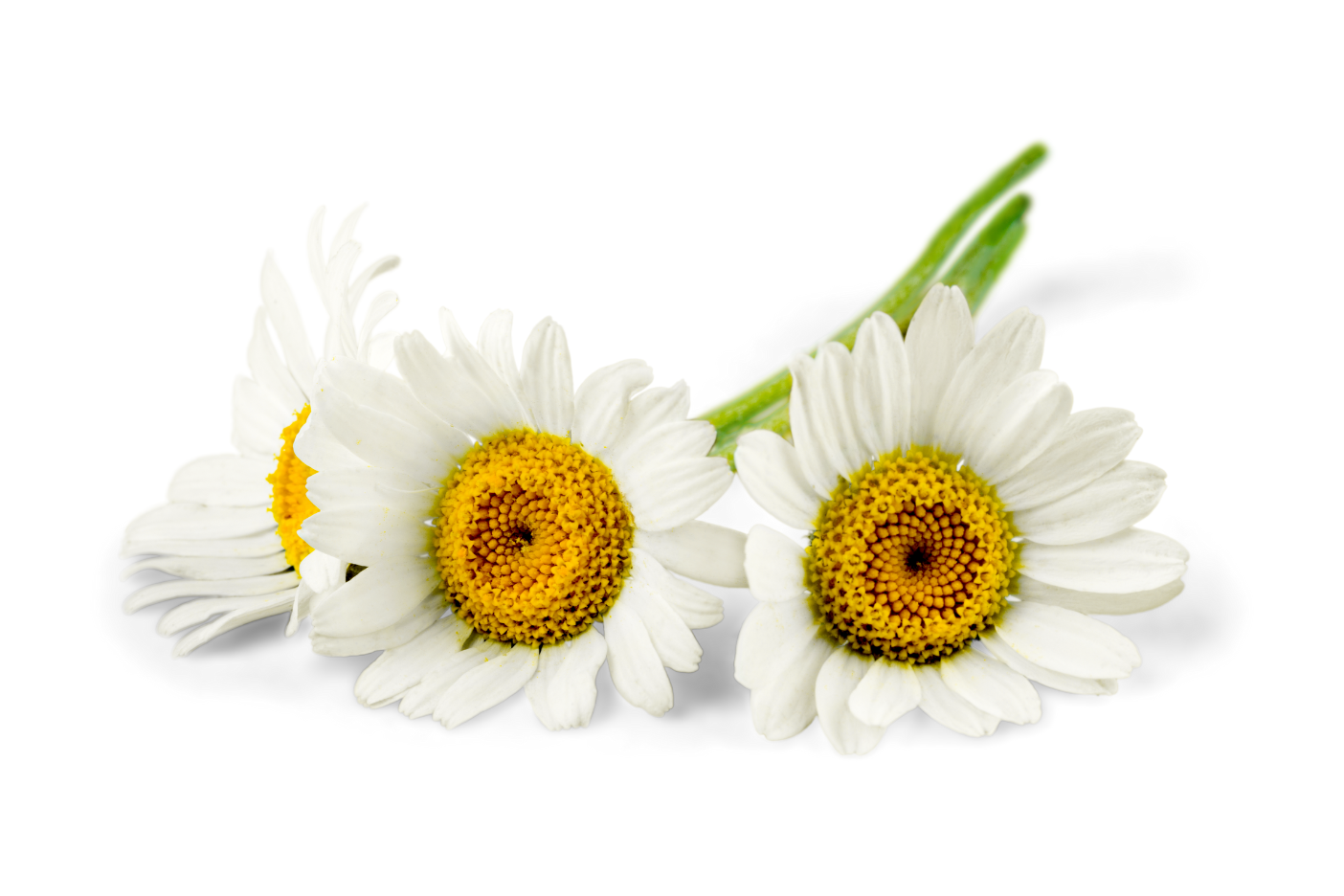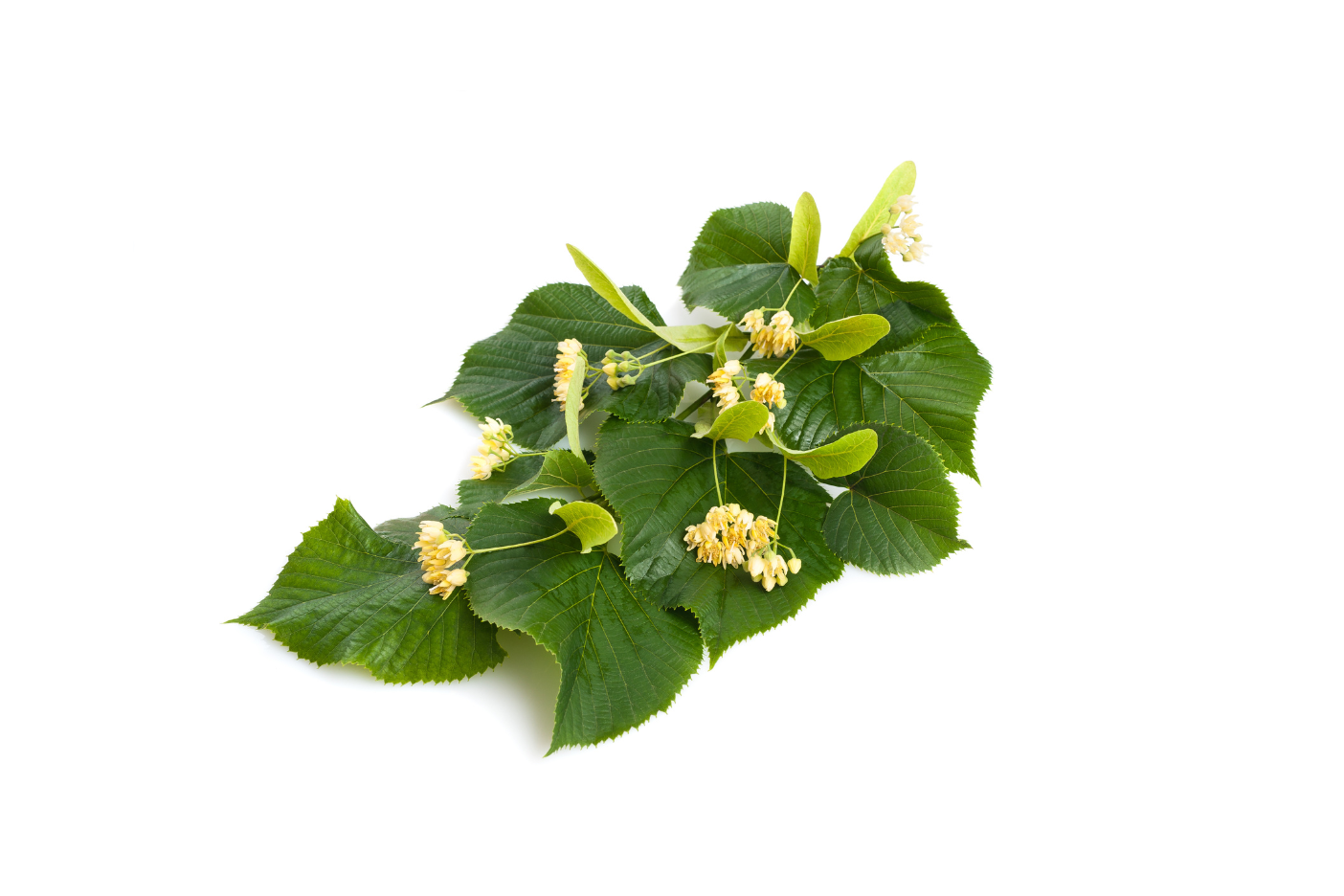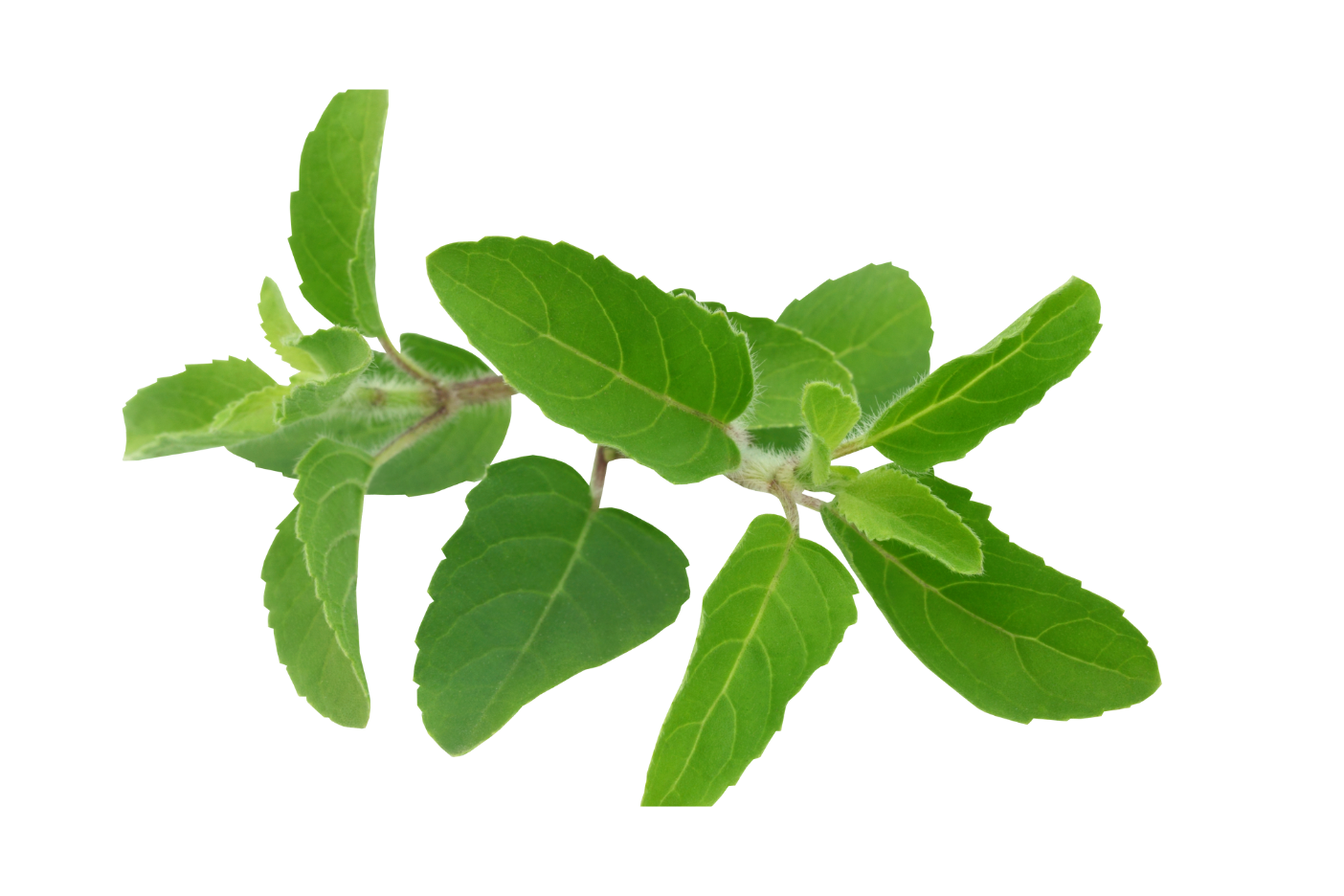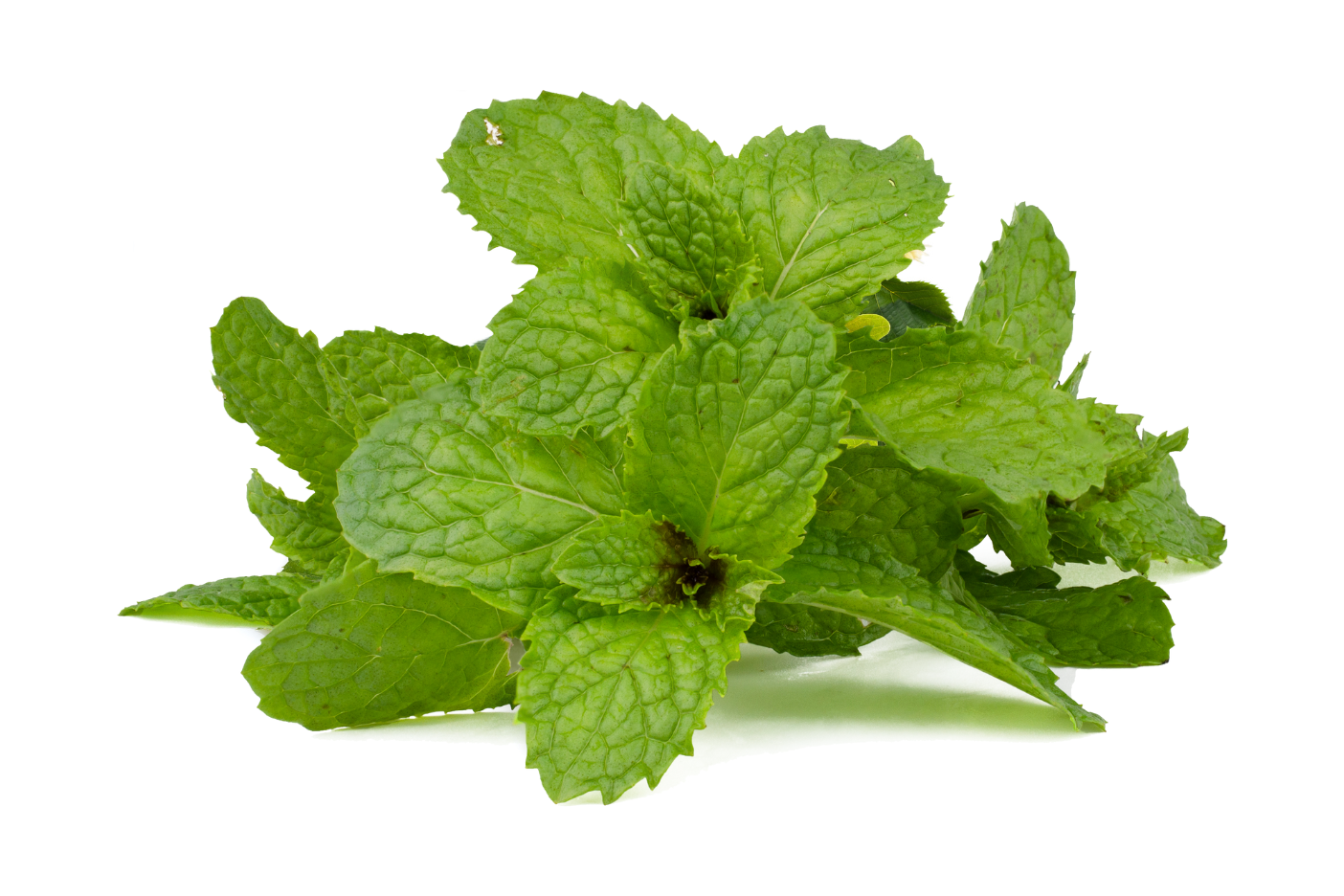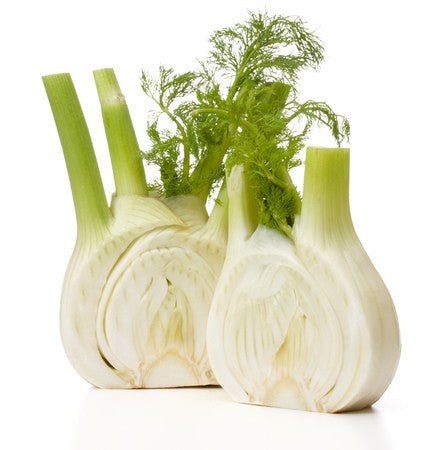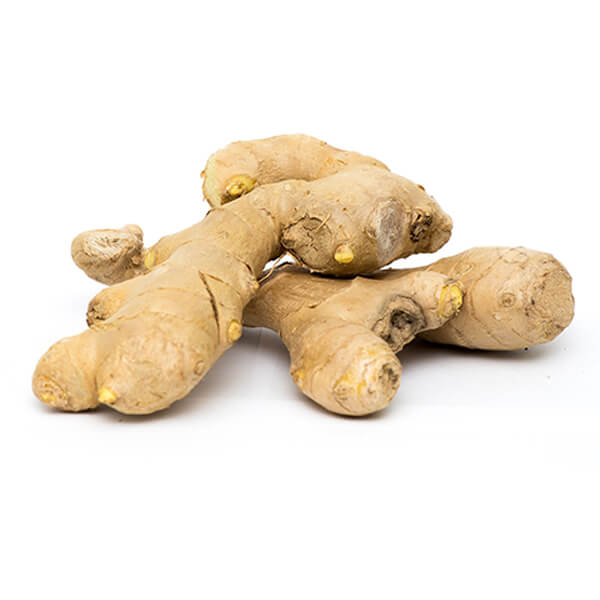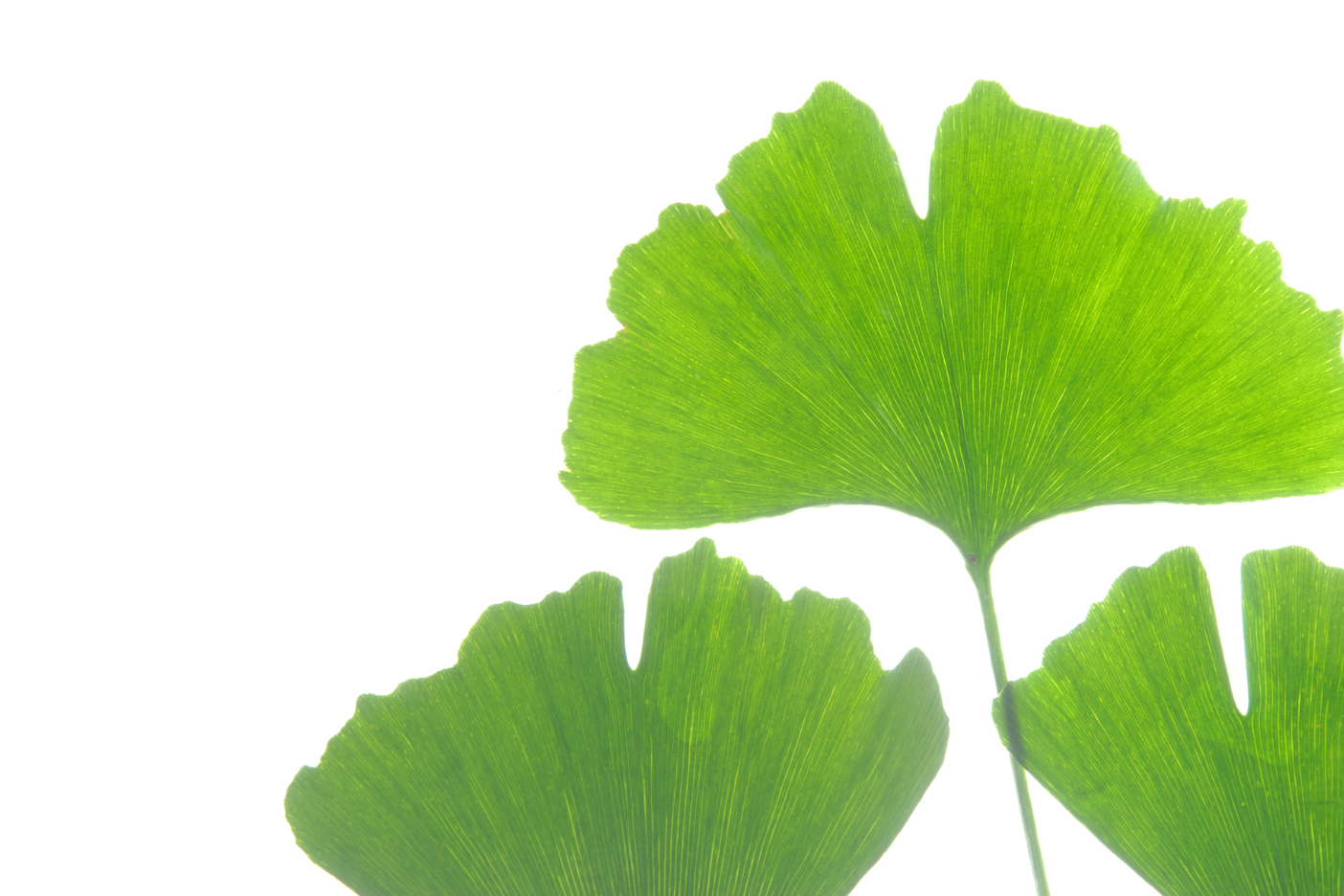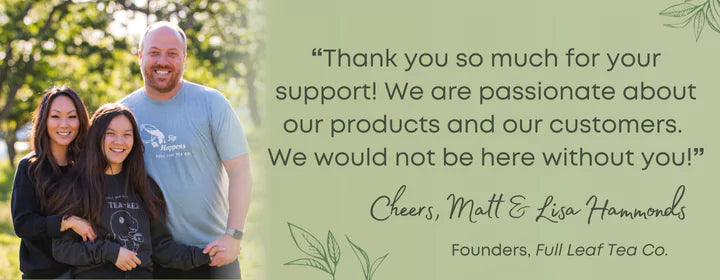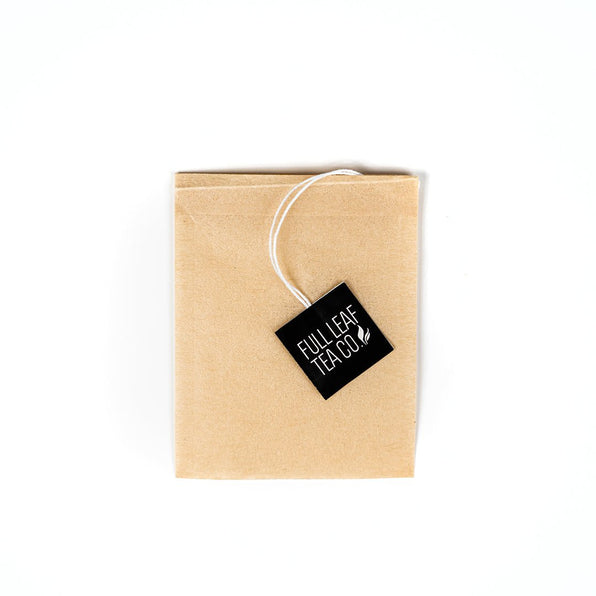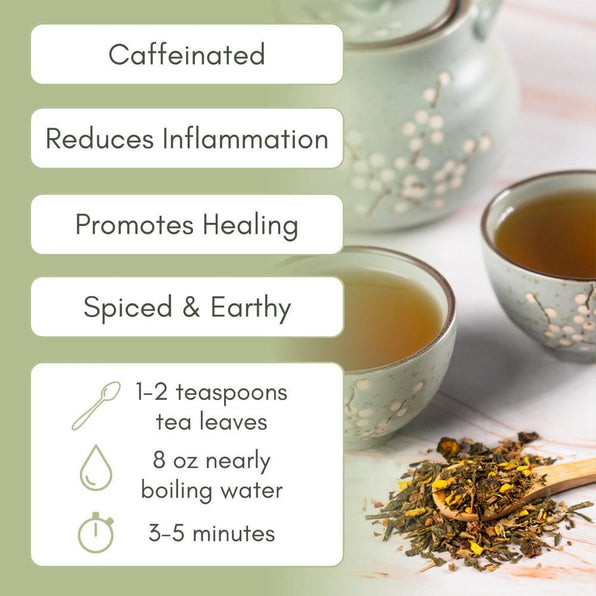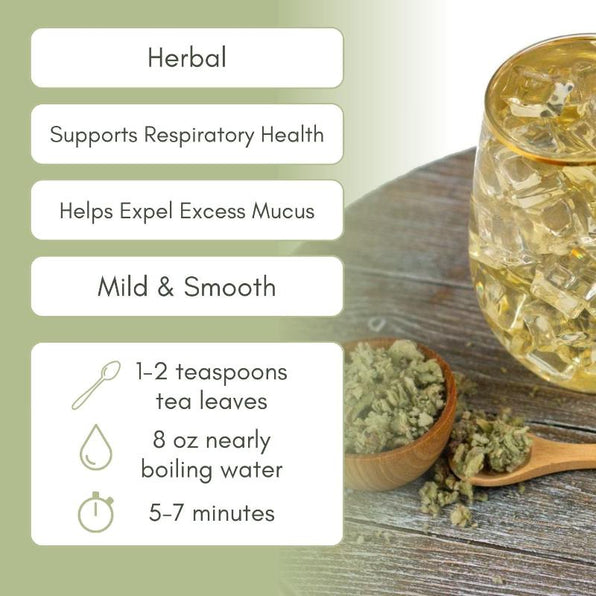What Is Herbal Tea?
Herbal teas have a long history all over the world. Herbal tea is simply an infusion of any edible plant. It is available in huge varieties and can be made using many different ingredients, including tree bark, flowers, leaves, roots, spices, seeds, and fruit. Some argue that herbal tea is not technically a “tea” because it does not come from the Camellia Sinensis, the tea plant.
Traditional Chinese Medicine is famous for using herbal teas to heal countless ailments and afflictions. Herbal tea also has a medicinal history in Sri Lanka, Egypt, and Greece. Many cultures make herbal tea for spiritual benefit and believe it opens up the heart and mind to a spiritual connection.
For the majority of human history, herbal teas have been the beverage of choice. The earliest verbal record of herbal teas dates back to 2737 BC in China. In written history, we can find records of herbal tea that go as far back as the third century AD. These teas spread from China to Egypt to Japan, and then to Europe and beyond.
You may hear herbal tea called a “tisane” in Europe. Some of the most popular herbal teas include Mint, Chamomile, and Ginger. At Full Leaf Tea Co., we love the flexibility of working with herbal teas. We offer over twenty varieties of herbal tea to meet your specific health needs.

